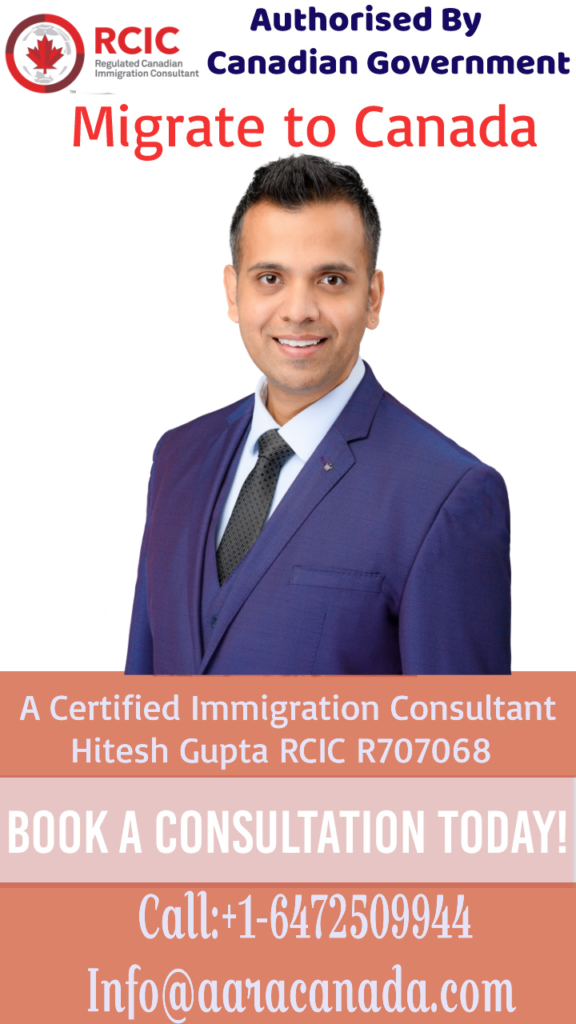
GET A QUICK CALL
FAQ - REFUGEES
1. Can I apply for refugee protection from outside Canada?
2. Will my family members be also included with me?
Yes, generally family members are included in single refugee application and have one hearing and one decision.
3. Who can sponsor a refugee?
Sponsorship Agreement Holders, Group of Five or Community Sponsors can sponsor refugees. Please check here for more information
Guide to the Private Sponsorship of Refugees Program.
4. What is the fee for applying to sponsor as a regufee?
There is no fee for processing of private sponsorship applications.
5. Are refugees required to pay any costs?
Refugees are responsible for paying for their travel documents and transportation costs to Canada. Also, Immigration Loans are available to refugees to cover these costs. Certain pre-departure medical services for refugees coming to Canada for resettlement are covered under the Interim Federal Health Program (IFHP), such as immigration medical exams and follow-up procedures, if any, vaccinations, medical support needed for safe travel and more.
6. Are resettled refugees eligible for student loans?
Yes, student loans are available to refugees as to any permanent resident of Canada. Also, Sponsoring groups are not liable to cover refugees tuition costs during the sponsorship year.
7. What is a government-assisted refugee?
Government-assisted refugees” are refugees from the Convention Refugees Abroad Class. The Government of Canada or the Government of Quebec supports their initial resettlement in Canada.. Please check here for more information
Convention Refugees Abroad Class.
8. Do in-Canada refugee claimants get resettlement assistance?
No. In-Canada refugee claimants are not permanent residents of Canada. Their claim has not yet been finalised and hence, they are not eligible for resettlement assistance.
9. How a In-Canada refugee claim be made?
For Inside Canada refugee claims, following form can be applied
Refugee Claim from inside Canada.
10. Can a refugee claim be rejected based on what is written in the Basis of Claim form?
No, a basis-of-claim form is used just to gather information from the claimant about his/her claim, so that, the Immigration and Refugee Board of Canada can prepare and conduct the refugee hearing properly.
11. If a need arises, can a refugee travel outside Canada?
Yes, a refugee can travel outside Canada with certain documents. If an individual is a Convention refugee, or, a person in need of protection, individual will need a Refugee Travel Document.
12. What documents are required to prove status in Canada as a refugee or protected person?
Following situation specific documents can be used:
If the claim for refugee protection has been accepted by IRB, a formal letter or document received from IRB can be used to prove status.
To prove the status as a protected person who was selected abroad and resettled as a refugee in Canada, The individual is required to submit Confirmation of Permanent Residence or a PR card.
To prove the status as a protected person because of a positive Pre-Removal Risk Assessment, individual is required to have a “Verification of Status” (VOS).
13. How can I payback my immigration loan?
An immigration loan can be paid by:
- by personal cheque;
- by certified cheque;
- by postal or money order;
- by credit card;
- directly at participating financial institutions; or
- through internet banking
14. What is the maximum loan amount under Immigration loan?
The maximum loan amount that can be issued per family is $10,000 CAD.
15. What is Safe Third Country Agreement?
The Safe Third Country Agreement is between Canada and the United States, whereby refugee claimants are required to request refugee protection in the first safe country they arrive in, unless they qualify for an exception to the Agreement.
16. What are exceptions to Safe Third Country Agreement?
There are four types of exceptions:
- Family member exceptions
- Unaccompanied minors exception
- Document holder exceptions
- Public interest exceptions
17. Where does Safe Third Country Agreement apply?
The Safe Third Country Agreement applies only to refugee claimants who are seeking entry to Canada from USA at any Canada-USA land border crossing; by train; or at airports only if the person seeking refugee protection in Canada has been refused refugee status in the USA and is in transit through Canada after being deported from the USA.
Start Your Canadian Journey Today
![]()
Get yourself evaluated today in less than 12 hours.
![]() You can apply DIRECTLY for Canadian PR.
You can apply DIRECTLY for Canadian PR.
![]() Get all study visa related assistance from us.
Get all study visa related assistance from us.
![]() Apply for work-permit today.
Apply for work-permit today.
![]()
Sponsor your Family.
![]()
Start your Own-Business in Canada.
![]() We provide Post-Landing services as well.
We provide Post-Landing services as well.
So, what are you waiting for? Start Today.

